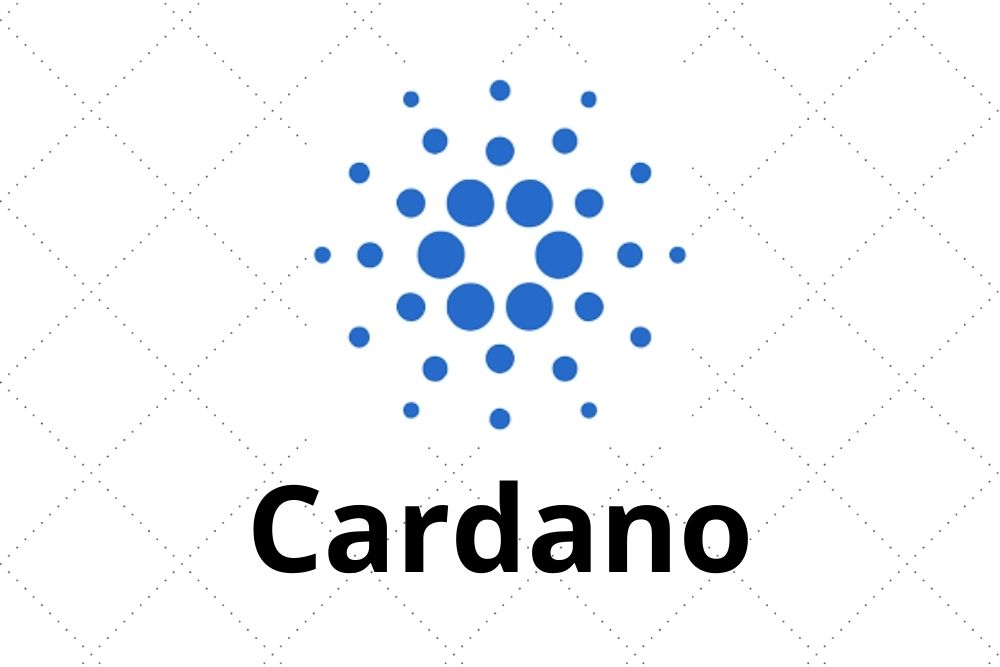A few days ago, IOG, the firm behind the development of Cardano (ADA), announced that the first smart contract was successfully run on Cardano’s Alonzo testnet, which indicates that the blockchain will soon attain the success level (smart contract functionality implementation) anticipated by its teeming community members.
Considering the development roadmap, Alonzo mainnet deployment that will bring smart contract functionality is expected to play out by late August or early September. And the good news is that Alonzo testnet is working fine as expected.
Read Also: Minswap, First Integration of DEX Smart Contract On Cardano Has Been Launched
Alonzo Can Create and Transfer Simple Smart Contracts to the Ledger
The information was shared by Tim Harrison, IOG’s marketing and communications director, in a video specifically made to update the Cardano community about the progress of Alonzo. In the update, Harrison claimed that they can now talk to the Alonzo node in particular.
He also pointed out that Alonzo now has the capability to create and transfer simple smart contracts to the ledger.
Moreover, it’s claimed in the video that this is the foundation of Alonzo White, a phase expected to start in July 2021. The phase will launch as soon as all partners are through with smart contract scripts.
Also, before this phase can fully launch, IOG’s partners have to prove that they can successfully validate, execute, and submit on the blockchain.
Read Also: Cardano is Launching Its First-Ever Cross-Chain Bridge with the Chinese Public Blockchain, Nervos
Cardano Is Leading Green Blockchain Race
In another development, Cardano is making waves in its leading Green blockchain narrative. On 10th June, EMURGO, the commercial arm of Cardano, explained how the Proof of Stake (PoS) consensus algorithm adopted by Cardano (ADA) provides a “more energy-efficient alternative for users and enterprises” than the Proof of Work (PoW) consensus used by Bitcoin (BTC).
In the blog post, EMURGO described energy-consuming Bitcoin’s PoW as follows:
“As the Bitcoin price climbs, more people enter the mining race to profit from it. Now, as the number of miners rises, the network needs a way to balance the influx and make sure conditions remain stable. To do it, Bitcoin’s PoW algorithm has something called the mining difficulty. As it becomes more difficult, miners have to complete more difficult calculations to get their Bitcoin rewards…
“These harder calculations demand more powerful hardware and a greater quantity of it to complete. In turn, more demanding machinery uses a lot more electricity. As we can see from the chart above, Bitcoin’s difficulty has kept climbing steadily over the years. Even more electric power will have to be used in the future to keep the Bitcoin network secure. Nowadays, Bitcoin uses approximately 121 Terawatt hours of electricity.”
Read Also: Cardano Could Scale Up To 2 Million Transactions per Second with Hydra Layer 2 Scaling Solution
It further listed the two major advantages that PoS has over the PoW consensus algorithm:
- The hardware requirements to become a validator in PoS are far cheaper than becoming a miner in PoW.
- The modest hardware requirements in PoS consume 1,900 kWh annually. A far cry from the demanding electric consumption required by PoW mining farms.
The firm argues that PoS adopted by Cardano is more “more sustainable because the hardware investment is much lower, and the electricity consumption is considerably lower than PoW,” adding that “a full PoS blockchain can be completely secured using 1/10 or even less of the electric power a PoW equivalent.”
Follow us on Twitter, Facebook, Telegram, and Download Our Android App
